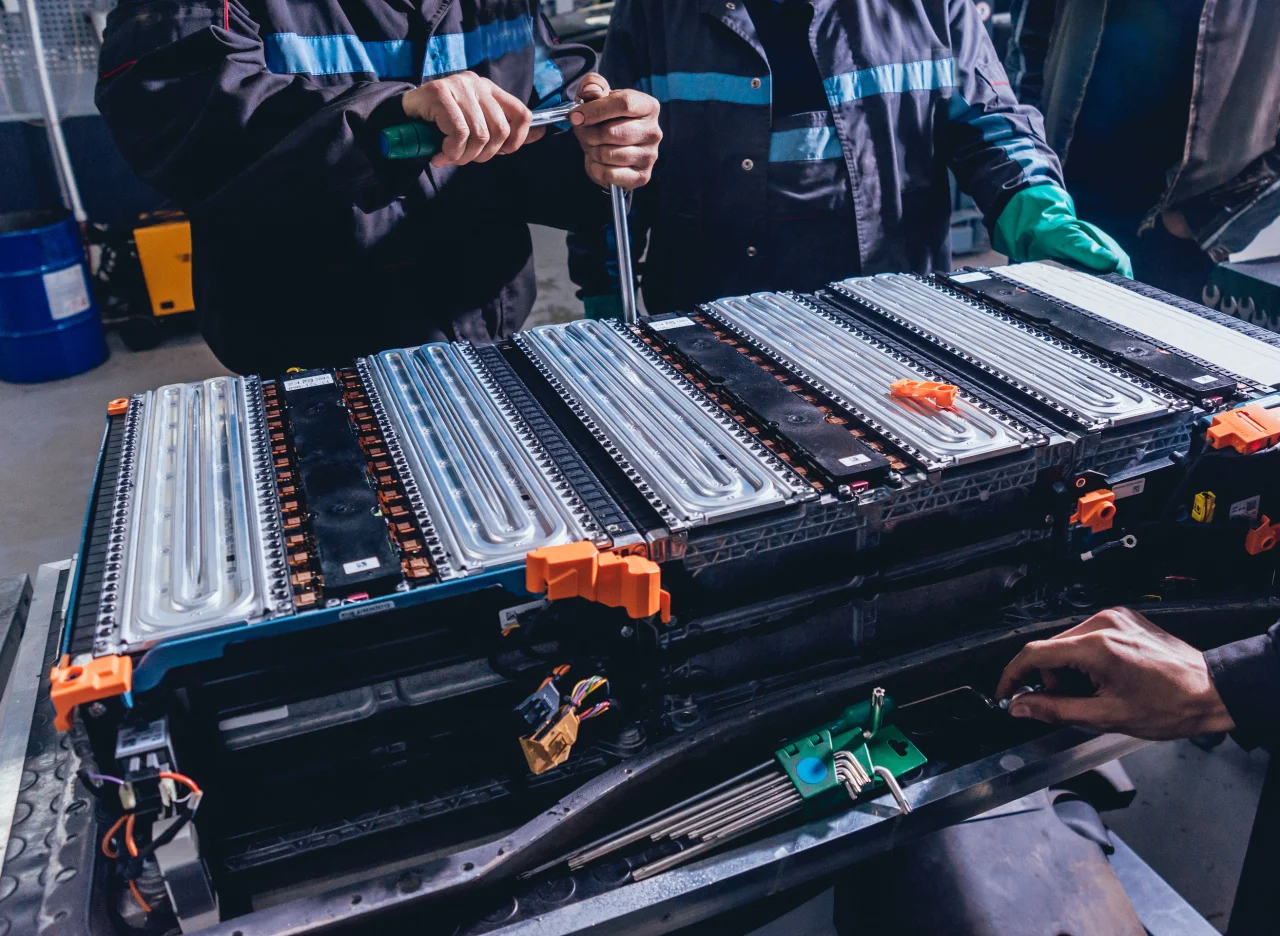Our Vision
The Corporate Electric Vehicle Alliance (CEVA) is a group of companies focused on accelerating the transition to electric vehicles (EVs) across all use cases and class sizes. Ceres supports CEVA companies in making and achieving bold commitments to fleet electrification through collaborative best practice sharing, deep industry engagement, and strategic coalition-wide policy advocacy.
CEVA envisions a vehicle market where light-, medium-, and heavy-duty EV models are available to meet all commercial and vocational needs, are accessible to all companies, and are cost competitive with traditional internal combustion engine vehicles.
How We Get There
Companies own, operate, or manage a significant portion of vehicles on the road and have the purchasing power to leverage their collective demand for zero-emission vehicles to drive changes throughout the global auto and truck market. Through CEVA, Ceres helps companies chart a course towards successfully transitioning their transportation and logistics fleets to EVs. Together, CEVA members identify challenges and potential solutions, and leverage aggregate corporate demand and market influence to expand:
Production of diverse and increased volumes of EV models
EV market growth and economies of scale (enabling lower upfront vehicle costs)
Adoption of supportive policies and the removal of policy barriers
Peer-to-peer learning with regard to industry best practices
X









































